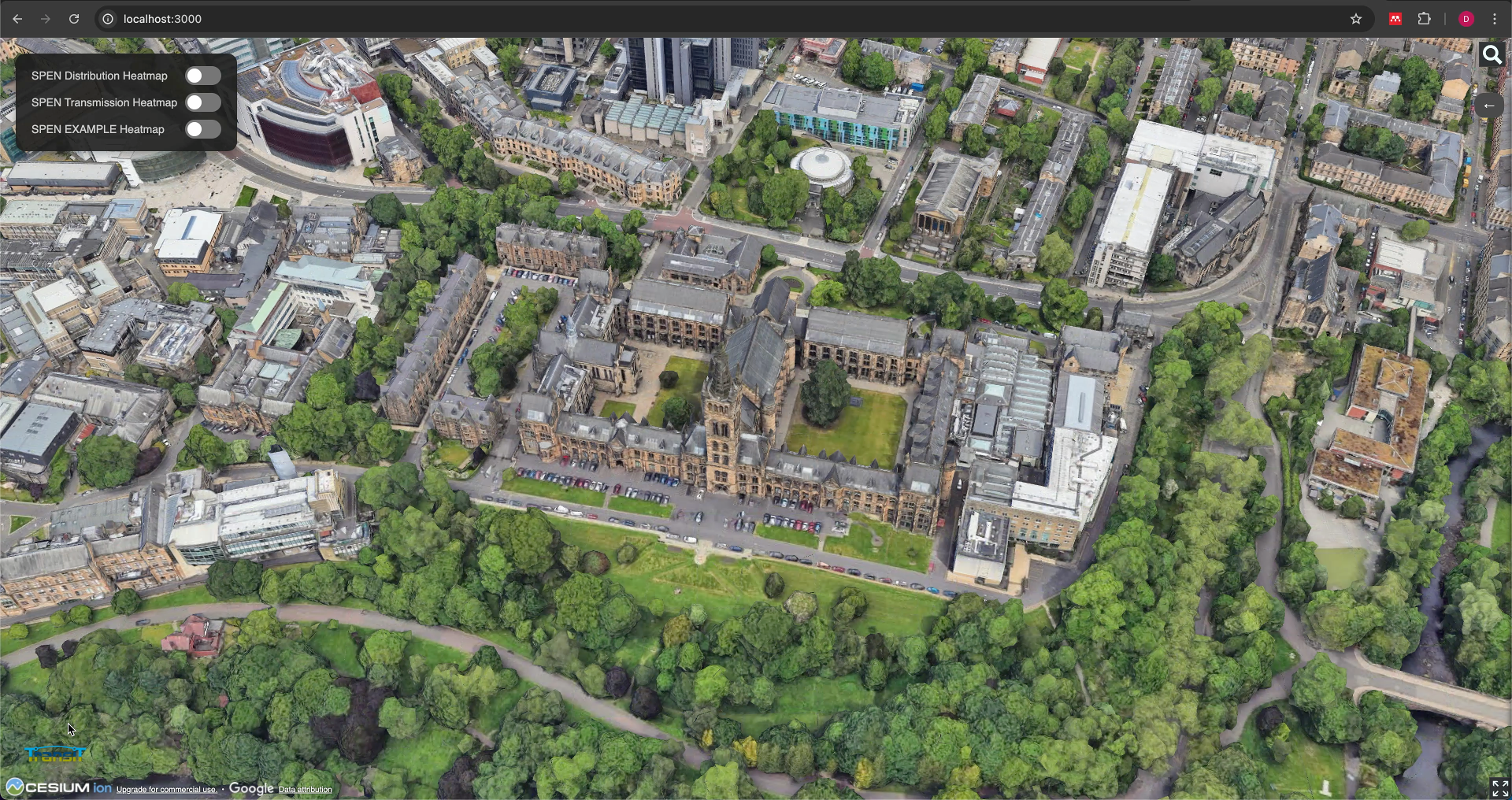Transport Resilience & Decarbonisation
supported by Alan Turing and UKRI EPSRC
Transport Resilience and Decarbonisation under Extreme Weather
The project aims to harness the power of large language models (LLMs) to advance sustainable and resilient transport networks under extreme weather. Over decades, the escalating impacts of climate change have increased extreme weather events - heatwaves, floods, storms - that challenge urban transportation systems globally by disrupting infrastructure and altering travel patterns. Prolonged extreme heat and frequent disasters discourage low-carbon travel modes like walking and cycling, pushing people toward higher-carbon options like private cars and taxis. This shift exacerbates traffic congestion and emissions, creating a feedback loop that accelerates climate change.
Despite growing climate awareness, a significant gap exists between understanding global implications and recognising direct impacts on daily life, particularly individual travel choices. To this end, advanced technologies such as LLMs can bridge this gap by transforming complex climate data into accessible, personalised information that motivates sustainable behavioral change. By providing real-time feedback on travel choices and suggesting sustainable alternatives, LLM-based tools encourage low-carbon decisions. Moreover, data collected from user interactions with these tools can inform and refine road network planning, creating a feedback loop where user behavior directly shapes infrastructure optimisation.


